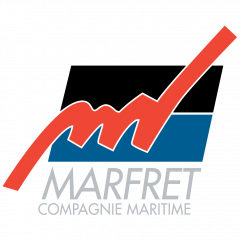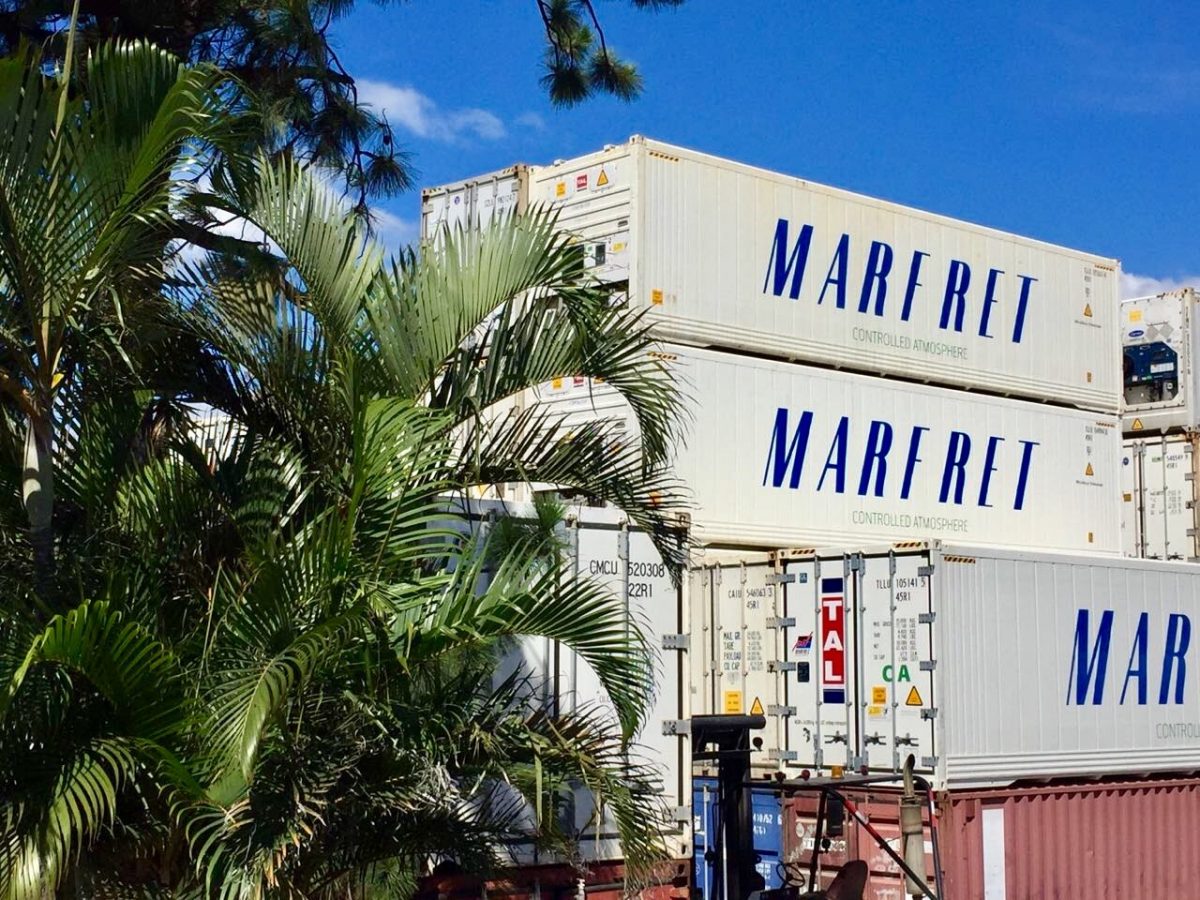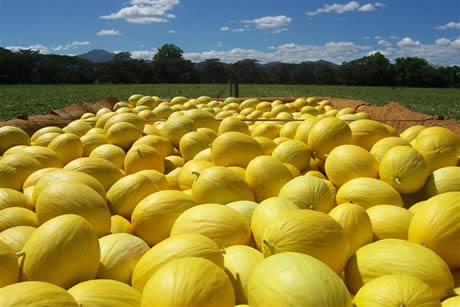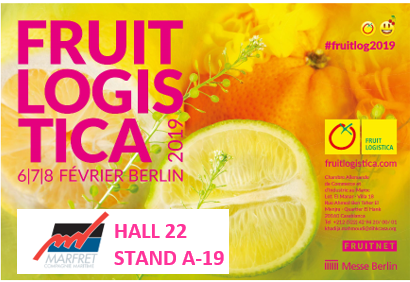2018 has been an extremely dynamic year for Marfret in terms of controlled temperature transport, with the rise in reefer volumes from Latin and Central America.
Marfret is reaping the benefits of the seeds that it has been sowing since 2016 when it facilitated the Mediterranean-Caribbean (MedCar) line cross trade with the Pacific zone while strengthening its presence in its historic ports.
Marfret’s innovation in multimodal logistics has paved the way for new markets on the other side of the Panama Canal. Indeed, the company for instance has utilized all of the different shipment combinations which can be delivered over a transshipment hub -while maintaining a high level of transit time reliability- to support the Peruvian avocado expansion into Europe.
This small green fruit, which consumers love for its nutritional qualities, is now experiencing unprecedented growth in Colombia thanks to the influx of international investment in Colombian agricultural land. In 2019, the country will host the World Avocado Congress in September.
Colombia’s topography, with its diverse relief and vast hydrographic system, gives it a variety of climates that allow it to expand its avocado production throughout the year.
To best serve the interests of exporters, the company has invested in the acquisition of 300 forty-foot Starcool containers. These preserve the quality of perishable foodstuffs and extend their lifespan.
The competitiveness of the transit-time, only 12 days, between Turbo and Algeciras, is also bearing fruit with record shipments to Spain. Iberian importers then redistribute part of the shipment to the south of France via the Saint-Charles de Perpignan market. This strategy, supported by Marfret, contributes to the year round availability for European distribution through imports of off-season fruit.
2019 promises to be just as rich in new developments, particularly in Costa Rica with the inauguration on February 28th of the Moin terminal, where six of the latest generation ship to shore gantries will enter commission which will make the MedCar line a little more reliable.
The entire Marfret team thanks its customers for their loyalty. The trust you place in us encourages us to do even better in transporting your cargo and to take care of the most sensitive. We wish you and your families and loved ones a very happy New Year.



